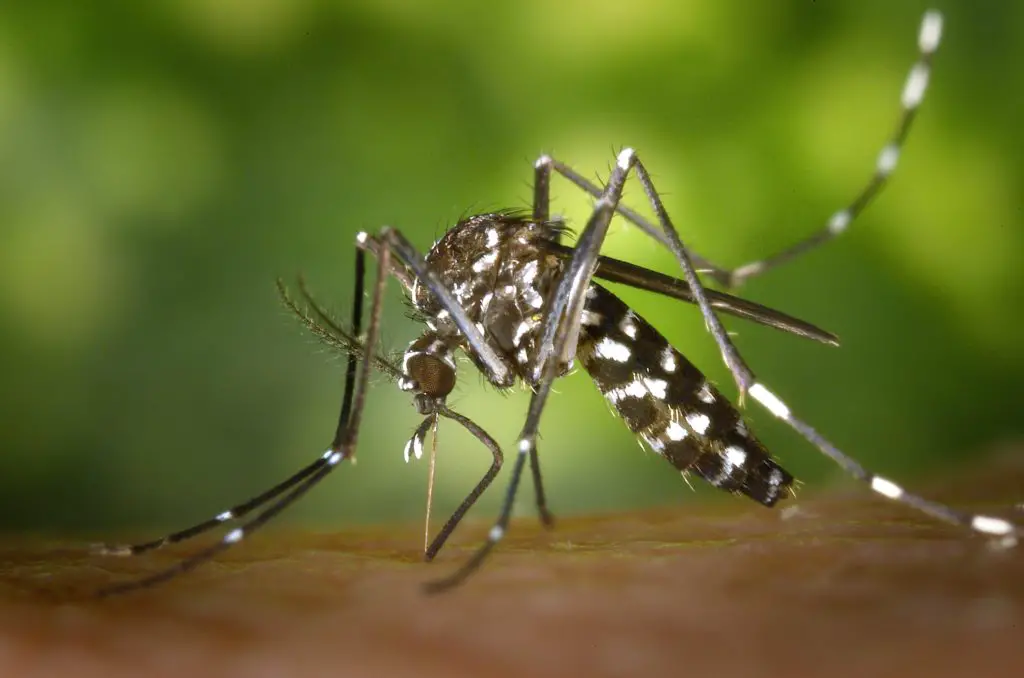Esophagitis is a general term for any inflammation, irritation, or swelling of the esophagus. This is the tube that carries food and liquids from the mouth to the stomach.
Causes
Infectious esophagitis is rare. It often occurs in people whose immune systems are weakened. People who have strong immune systems don’t usually develop the infection.
Common causes of a weakened immune system include:
- HIV/AIDS
- Chemotherapy
- Diabetes
- Leukaemia or lymphoma
- Medicines that suppress the immune system, such as ones given after organ or bone marrow transplant
- Other conditions that suppress or weaken your immune system
Organisms (germs) that cause esophagitis include fungi, yeast, and viruses. Common organisms include:
- Candida albicans and other Candida species
- Cytomegalovirus (CMV)
- Herpes simplex virus (HSV)
- Human papillomavirus (HPV)
- Tuberculosis bacteria (Mycobacterium tuberculosis)
Symptoms
Symptoms of esophagitis include:
- Difficulty swallowing and painful swallowing
- Fever and chills
- Yeast infection of the tongue and lining of the mouth (oral thrush)
- Sores in the mouth or back of the throat (with herpes or CMV)
Exams and Tests
The health care provider will ask about your symptoms and examine your mouth and throat. Tests may include:
- Blood and urine tests for CMV
- Culture of cells from the esophagus for herpes or CMV
- Mouth or throat swab culture for candida
You may need to have an upper endoscopy exam. This is a test to examine the lining of the esophagus.
Treatment
In most people with esophagitis, medicines can control the infection. These include:
- Antiviral medicines such as acyclovir, famciclovir, or valacyclovir can treat herpes infection.
- Antifungal medicines such as fluconazole (taken by mouth), caspofungin (given by injection), or amphotericin (given by injection) can treat candida infection.
- Antiviral medicines that are given through a vein (intravenously), such as ganciclovir or foscarnet can treat CMV infection. In some cases, a medicine called valganciclovir, which is taken by mouth, can be used for CMV infection.
Some people may also need pain medicine.
Ask your provider for special diet recommendations. For example, there may be foods you need to avoid eating as your esophagitis heals.
Many people who are treated for an episode of infectious esophagitis need other, long-term medicines to suppress the virus or fungus, and to prevent the infection from coming back.
Prognosis
Esophagitis can usually be treated effectively and usually heals in 3 to 5 days. People with a weakened immune system may take longer to get better.
Possible Complications
Health problems that may result from infectious esophagitis include:
- Holes in your esophagus (perforations)
- Infection at other sites
- Recurrent infection
When to Contact a Medical Professional
Call your provider if you have any condition that can cause reduced immune response and you develop symptoms of infectious esophagitis.
Prevention
If you have a weakened immune system, try to avoid contact with people who have an infection with any of the organisms mentioned above.
Alternative Names
Infection – esophagus; Esophageal infection
References
Graman PS. Esophagitis. In: Bennett JE, Dolin R, Blaser MJ, eds. Mandell, Douglas, and Bennett’s Principles and Practice of Infectious Diseases. 9th ed. Philadelphia, PA: Elsevier; 2020:chap 97.
Katzka DA. Esophageal disorders caused by medications, trauma, and infection. In: Feldman M, Friedman LS, Brandt LJ, eds. Sleisenger and Fordtran’s Gastrointestinal and Liver Disease. 10th ed. Philadelphia, PA: Elsevier Saunders; 2016:chap 46.









